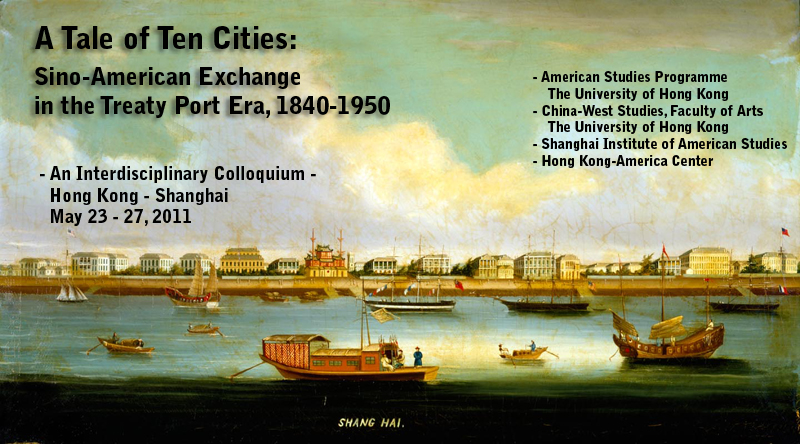Ms Stefani Pfeiffer
Ph.D. candidate, History Department, Rutgers University
Paper Title:
Legacies of Peking Union Medical College; Science, Administration and Medical Modernity in Republican era China
A career educator, Stefani Pfeiffer currently teaches at the International Trade Institute in Taiwan. Her research explores the interaction of different medical traditions, American and Chinese, at the Peking Union Medical College during the Republican Era. In general, her scholarly and teaching interests lie in the areas of Social History, Anthropology, and Science & Technology Studies.
Abstracts:
Funded by the Rockefeller Foundation and officially opened in 1921, Peking Union Medical College’s teaching hospital introduced a unique style of healthcare bureaucracy to China, one that was high tech, highly structured, and, in certain regards, highly efficient. It also provided a style of care that was less personal than traditional caregiving or medical relationships. Medical records are stylized documents produced by multiple authors, but medical and social work records give some idea of how Chinese patients might have experienced the bureaucratically organized “care of strangers.” Hospitalized patients found themselves surrounded by people interchangeably playing institutionally standardized roles, in a sort of ‘reverse panopticon.’1 Through the tool of the patient’s chart, hospital staff shared their observations of the patient with each other, in the process creating the patient as an individual who was the focus of medical surveillance...
